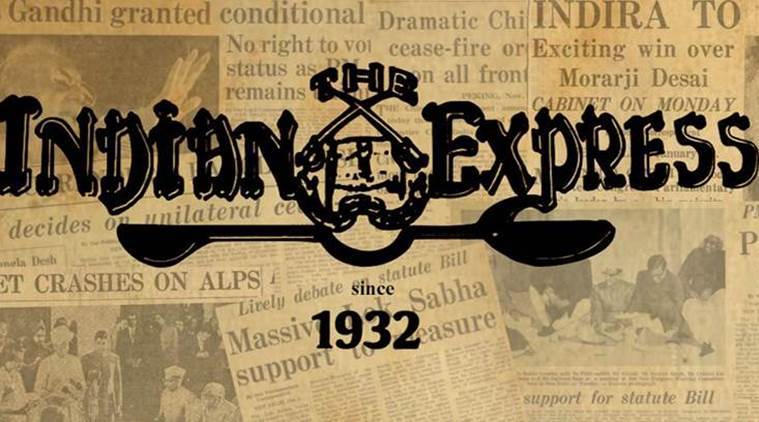Opinion George Smiley returns
John Le Carré’s greatest character is back. The quiet spy is worth the wait

 Today, when international relations seem to be coming full circle since the fall of the Berlin Wall, Smiley is back in Le Carré’s latest work, A Legacy of Spies.
Today, when international relations seem to be coming full circle since the fall of the Berlin Wall, Smiley is back in Le Carré’s latest work, A Legacy of Spies.
In Anglo-Saxon fiction, there are broadly two archetypes of the spy. The first, more popular one, is typified by Bond, James Bond: An entitled, violent, womanising alpha male, often at odds with the bureaucrats in charge, whose sheer physicality is a force for “good”. Then there’s George Smiley. The most enduring character from John le Carré’s novels set in the Cold War, Smiley is a more subtle, layered character — a confessor, a “nerd”, a cuckold and a bureaucrat — and he arrives at patriotism via a much more arduous route, through the moral compromises that are the essence of espionage. Today, when international relations seem to be coming full circle since the fall of the Berlin Wall, Smiley is back in Le Carré’s latest work, A Legacy of Spies.
The appeal of Le Carré’s work, particularly the books set in the Cold War, lies in the contrast between the starkly ideological nature of the conflict — two grand narratives competing for the world — and the many shades of grey for those fighting at its frontlines. In the Karla trilogy, Smiley battles his eponymous Soviet nemesis, hunting moles and double-agents, and planting them in return. But there is more to Smiley (and all of Le Carré’s work) than the spy games. There are critiques of the upper classes that occupy the civil services, of the graded loyalties to friends and country and the hypocrisies of world politics.
The return of Smiley can go one of two ways for arguably the finest writer of spy thrillers. Already middle-aged when he first appeared, the spymaster could appear anachronistic in a time of technology, and a post-ideological, post-truth world. Or, as is more likely given Le Carré’s skill, Smiley will appear as memory and inject a dose of understanding and subtlety, without descending to maudlin nostalgia. He will hide in the shadows, rather than loom large like a great hero charging to the rescue of the Western order. Either way, if James Bond still thrives, there is surely room for the quiet spy.





